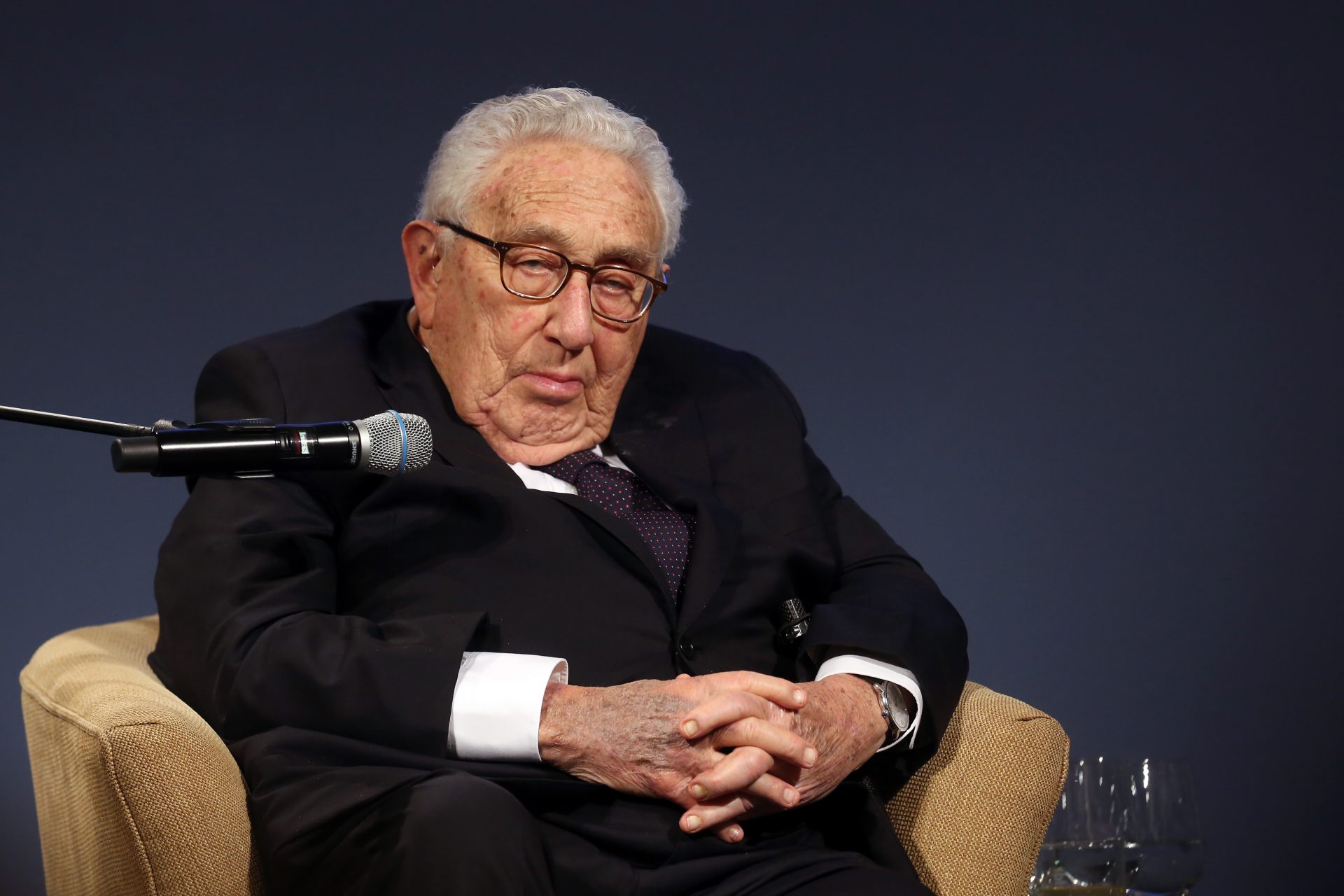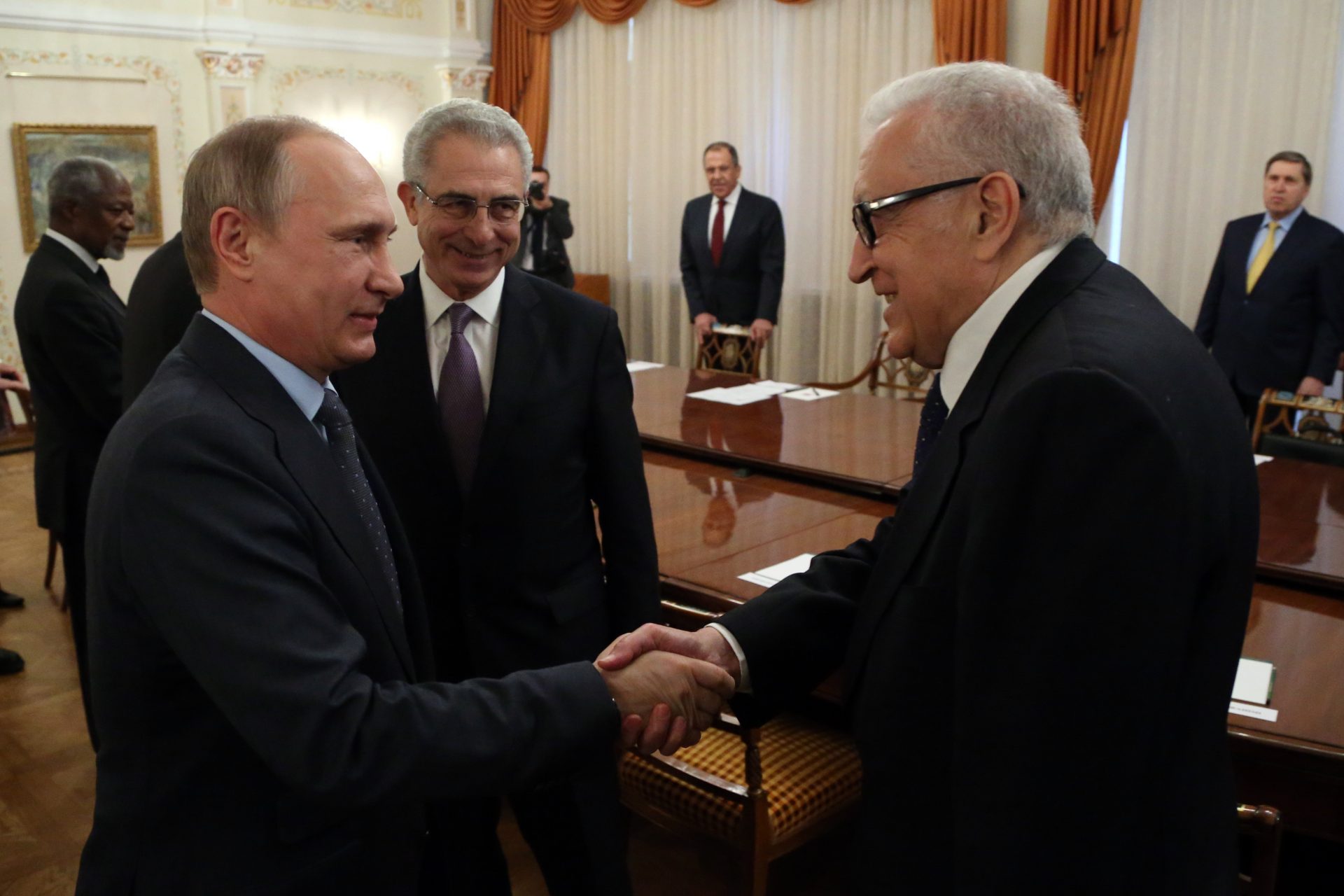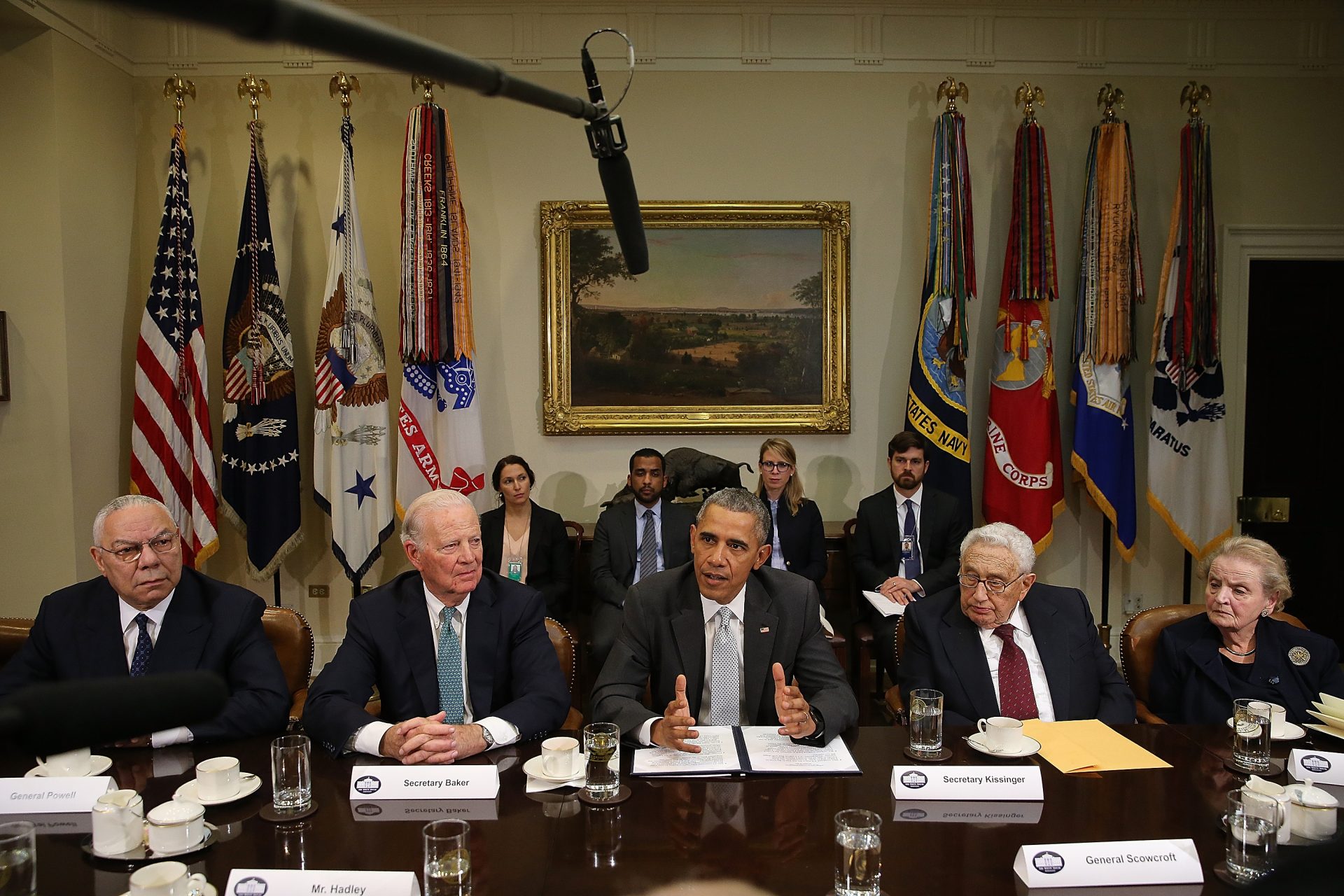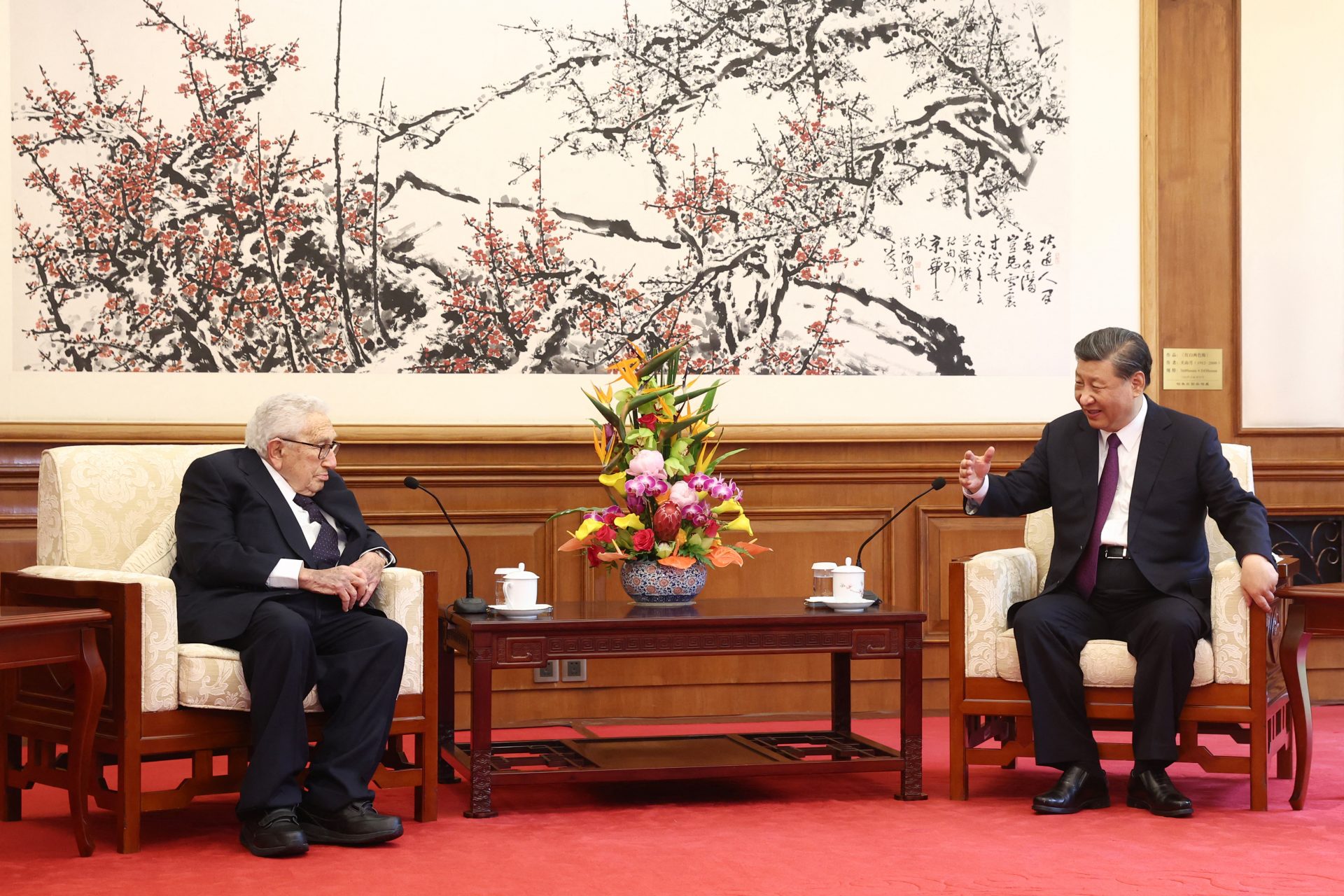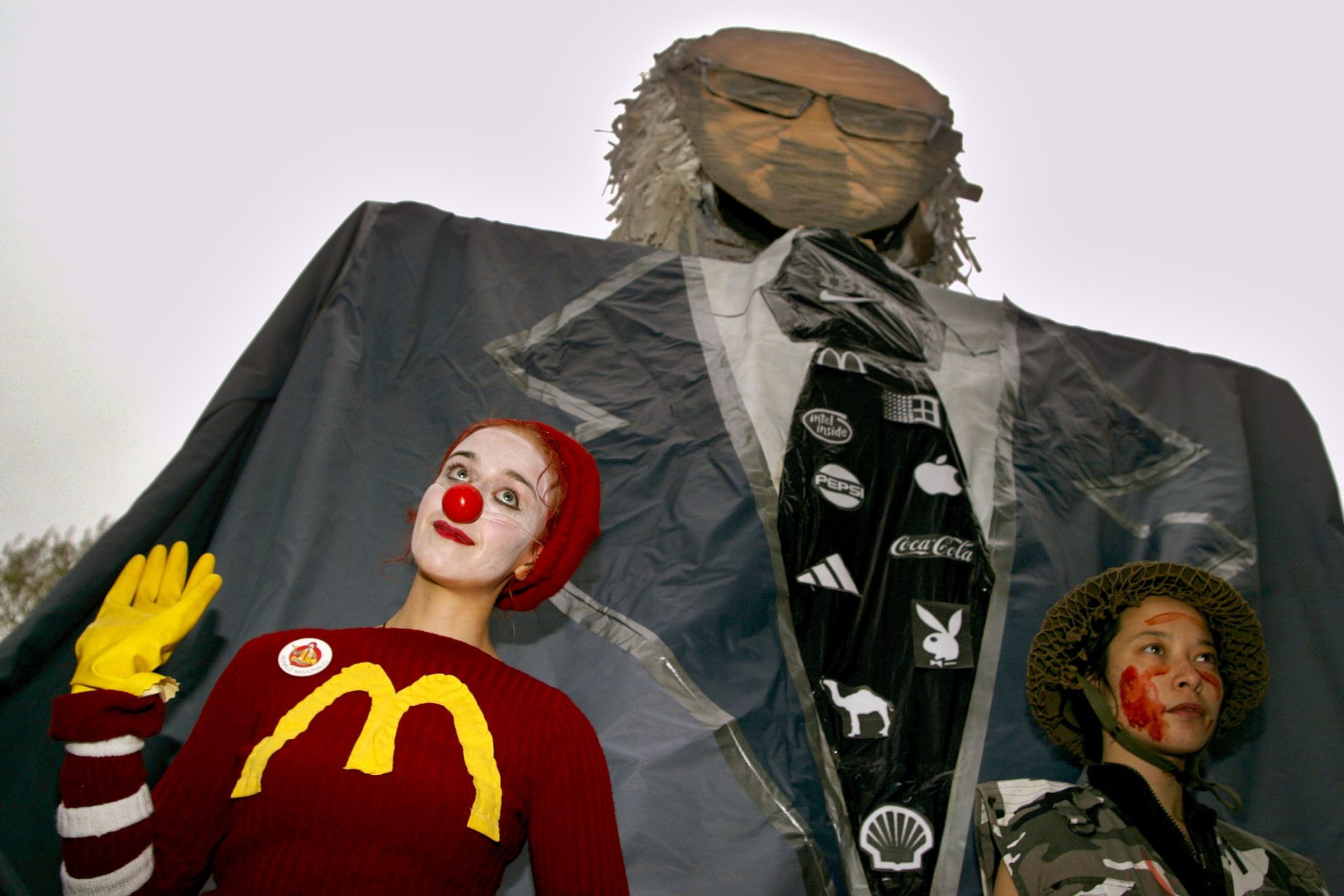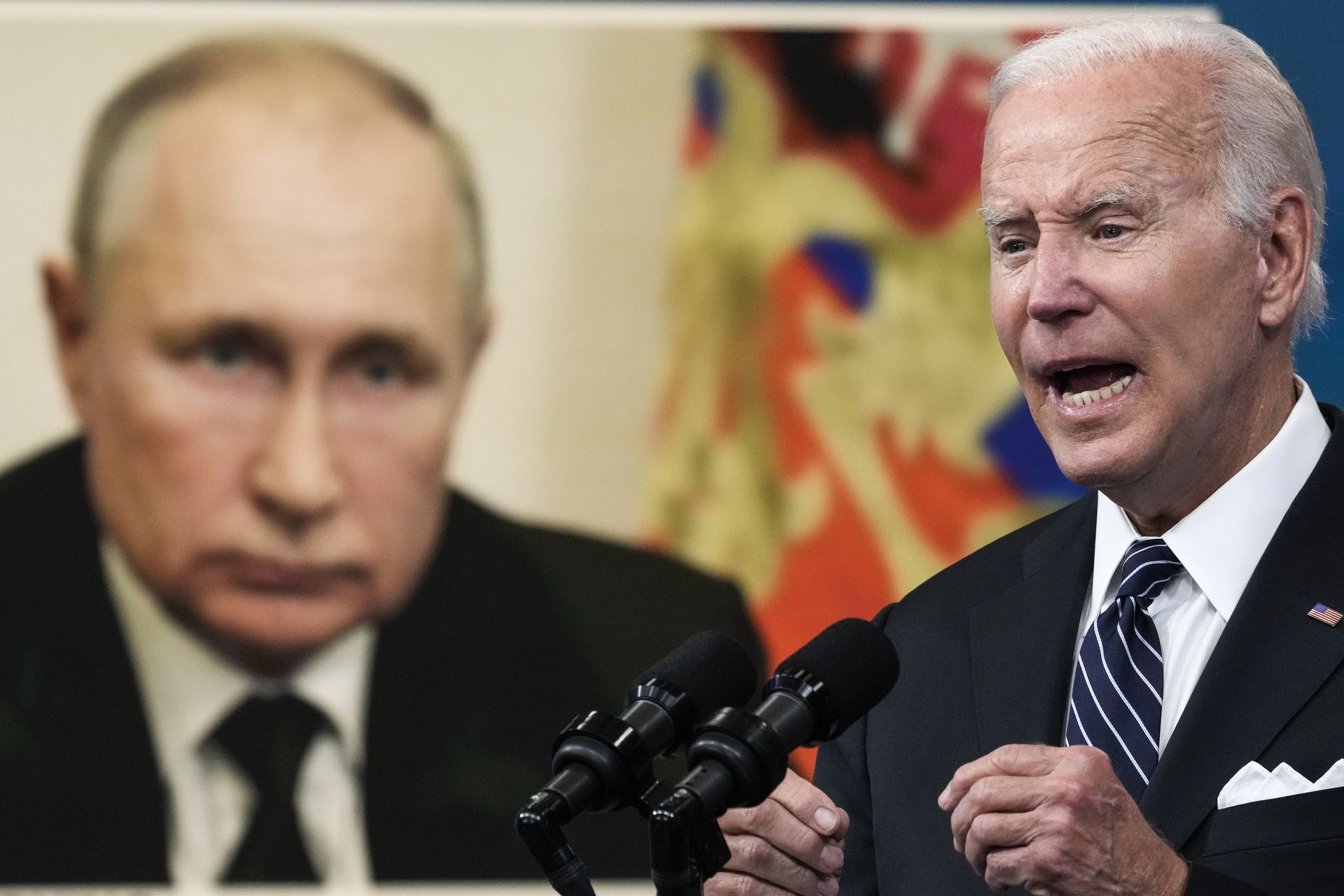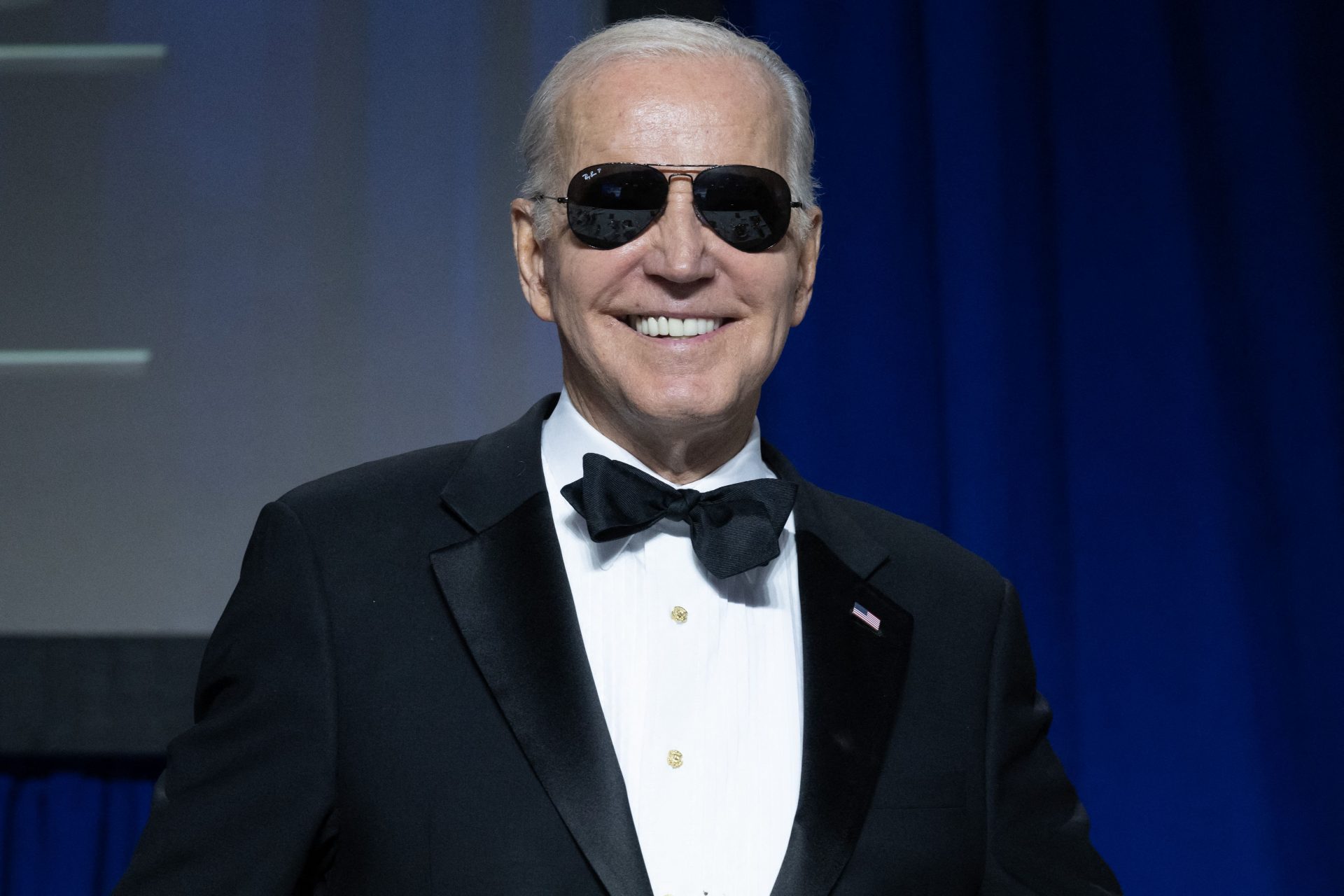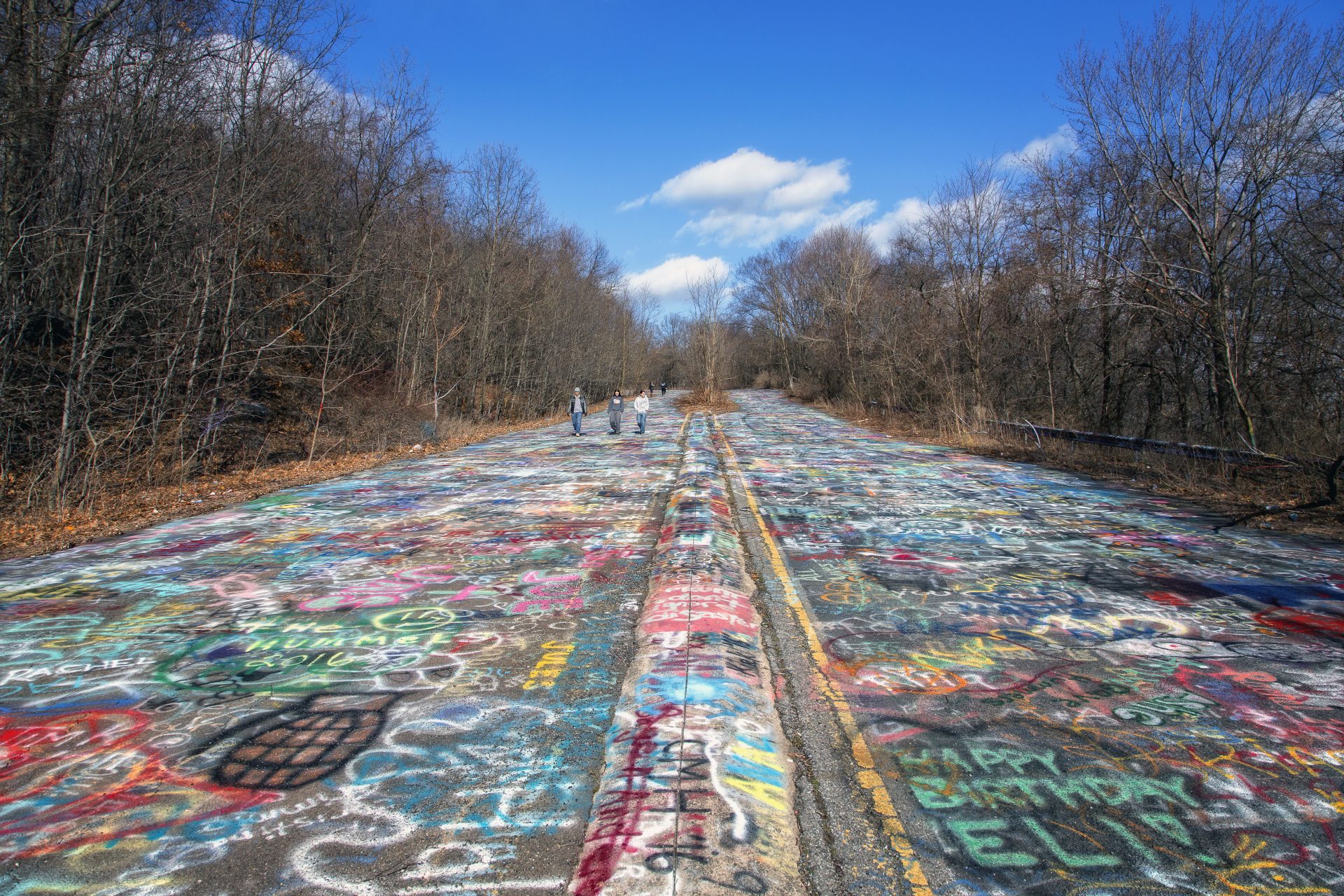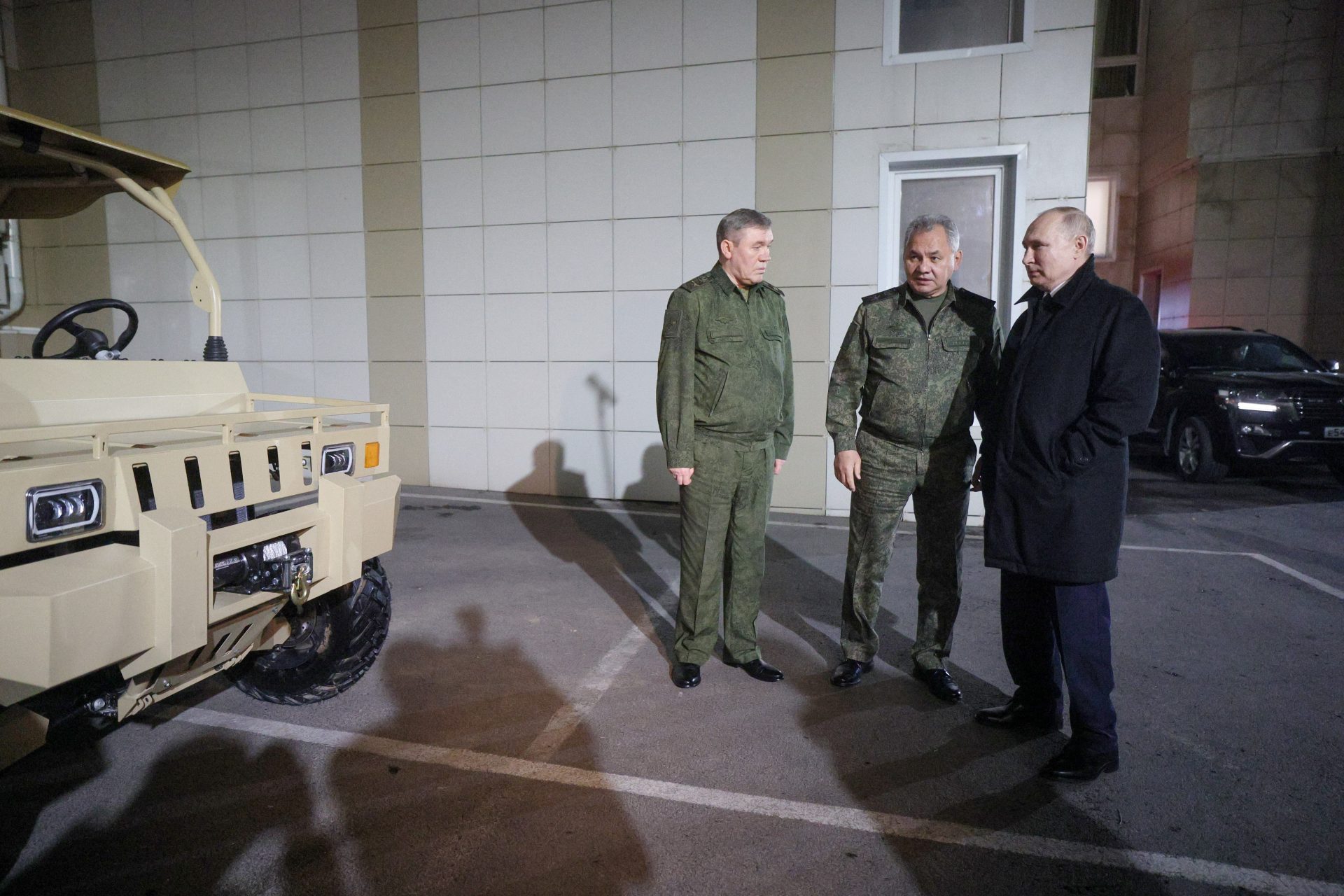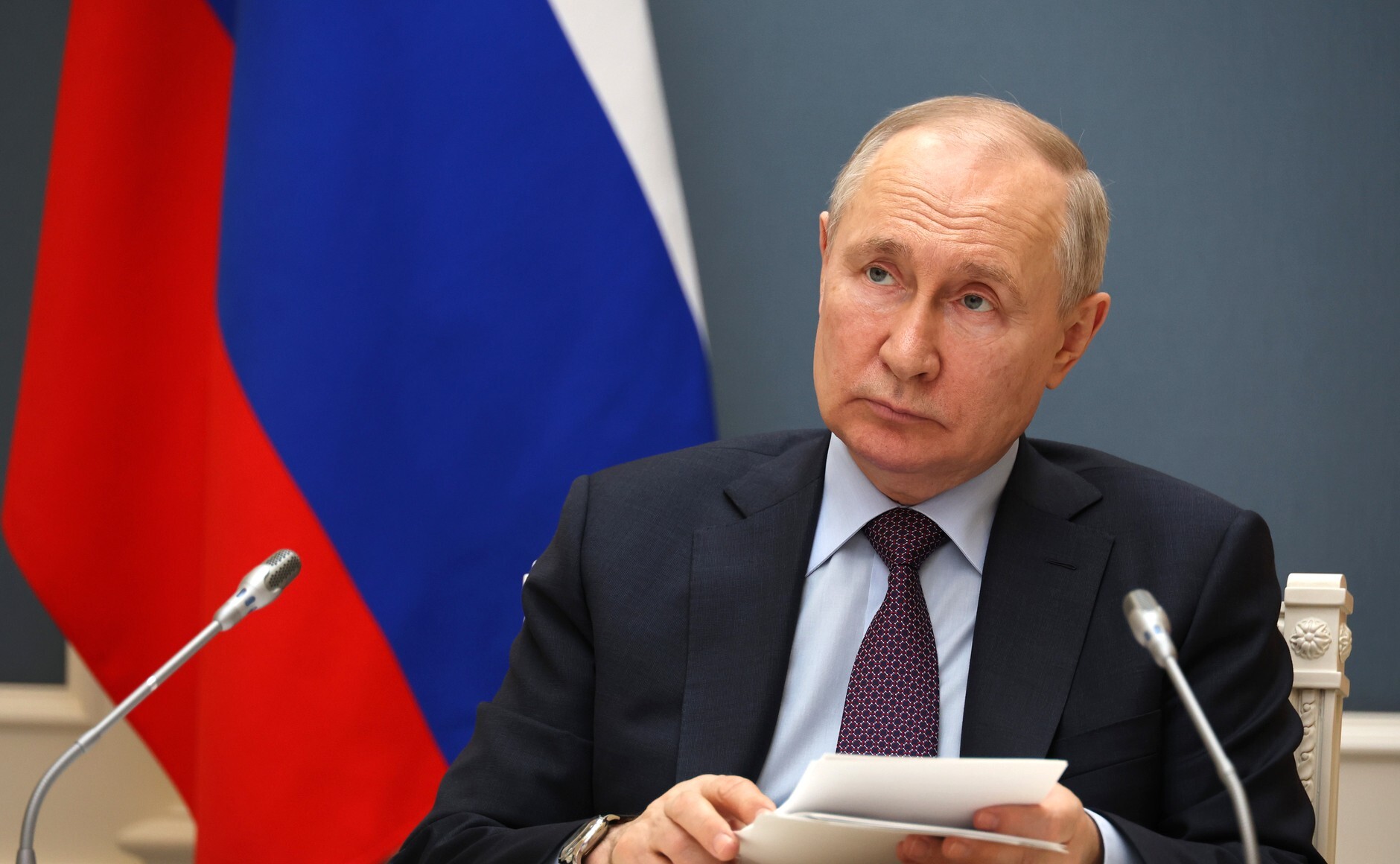Visionary diplomat or war criminal? Henry Kissinger's legacy still sparks controversy
When Henry Kissinger passed away on November 29, 2023, many news outlets reported on his demise and focused on his legacy as a man who shaped international US politics during the Cold War and still today.
Henry Kissinger, while many in the mainstream media praised his influential if spotty legacy, quite a few had less than kind epithets for him: “Monster of monsters”, “war criminal”, “the devil”.
According to The New York Times, he was considered the most powerful US State Secretary in the post-WWII era, engineering the US diplomatic opening towards China and shaping the country's relationships towards the Soviet Union.
Throughout his centennial life, Kissinger advised 12 US Presidents, ranging from John F. Kennedy to Joe Biden.
For some, the life of this Jewish German immigrant who became one of the most powerful men in the United States during the Nixon Administration is an example of the United States as a land of opportunity.
For others, he had blood on his hands for extending the War in Vietnam and adopting an international policy that led the United States to support criminal regimes in the name of fighting Communism.
Henry Kissinger has been called the most famous and controversial diplomat of the 20th century, according to MSNBC. Looking back at his career, one can’t argue that his career has been as important as it has been divisive.
One of the most important figures of the Nixon Administration, Kissinger was appointed as an advisor for national security affairs in 1968. Soon, he became one of Nixon’s closest consultants.
From 1973 to 1977, he served as Secretary of State. First for Richard Nixon, then for Gerald Ford.
Kissinger also led the National Security Council, which advises the US President on foreign policy and national security matters, from 1969 and 1975.
Needless to say, Kissinger was a very influential figure, shaping US foreign policy in the Nixon Administration.
Realpolitik is a term that is usually brought up while speaking about Kissinger’s approach to foreign policy. Broadly speaking, it means he advocated for a more pragmatic and fluid approach, rather than an ideological one.
It was this pragmatic approach that allowed the Nixon Administration to open diplomatic relations to the People’s Republic of China. Kissinger was with the US President during his state visit to Beijing in 1972.
The Nixon Administration also pursued a different relationship with the Soviet Union. Known as “Détente”, Kissinger aimed to ease tensions between the United States and the USSR.
Kissinger also brokered a ceasefire in Vietnam, which earned him the Nobel Peace Prize in 1973, along with North Vietnamese politician and general Lê Đức Thọ, who refused the award.
Praise for Henry Kissinger not only comes to Republicans. As MSNBC points out, Barack Obama granted the German-born diplomat with a special award, while former Secretary of State Hillary Clinton called him “her friend”.
However, realpolitik has its dark side and Kissinger remains probably one of the most controversial individuals to receive the Nobel Peace Prize.
Writing for The Conversation, University of Massachusetts an associate professor comments on the destructive outcome of realpolitik: “They ranged from fomenting coups that put in place murderous dictatorships, as in Chile, to killing unarmed civilians, as in Cambodia, and alienating potential allies, as in India”.
While the Nixon Administration pursued a policy of détente with China and the USSR, realpolitik allowed to establish and support right-wing dictatorships in Chile, Argentina, and the rest of the developing world for the sake of protecting US interests.
Kissinger has also been accused to needlessly extend the Vietnam War. As Vassar College History Professor Robert Brigham tells to the History Channel website, Nixon and Kissinger virtually accepted in 1973 the same deal that was offered in 1968, after escalating the war for four years.
Not only that, but declassified Pentagon papers reported by AP reveal that Kissinger approved of over 3,000 bombing raids in Cambodia in the early 1970s.
The former Nixon diplomat, who turned 100 years in 2023, has been called a war criminal by critics. Journalist Christopher Hitchens, author of 'The Trial of Henry Kissinger', argued that he should have sat in The Hague for “crimes against humanity”.
One could make the case that Kissinger’s life was always defined by geopolitics. Born in Bavaria in 1923, his family fled Nazi Germany in 1938, when he was 15 years old.
Many argue that his childhood and his subsequent experience in the US Army during World War 2, where he had to help to establish a civilian administration in occupied German territory, shaped his realist approach to politics and diplomacy.
The young Kissinger excelled academically. He graduated from Harvard in 1950, with a thesis that was over 400 pages. He also directed the Defense Studies Program from 1959 to 1969.
Throughout the 1960s, Kissinger worked closely during Nelson Rockefeller’s failed presidential bid for the Republican Party. Rockefeller was perceived as a leading figure among more moderate Republicans.
Then in 1967, Kissinger met Rockefeller’s rival, former Vice President Richard Nixon. As The Independent writes, Kissinger originally called him “the most dangerous of all the men running to have as president”. It didn’t take long for him to change his mind. That’s realpolitik for you.
More for you
Top Stories




